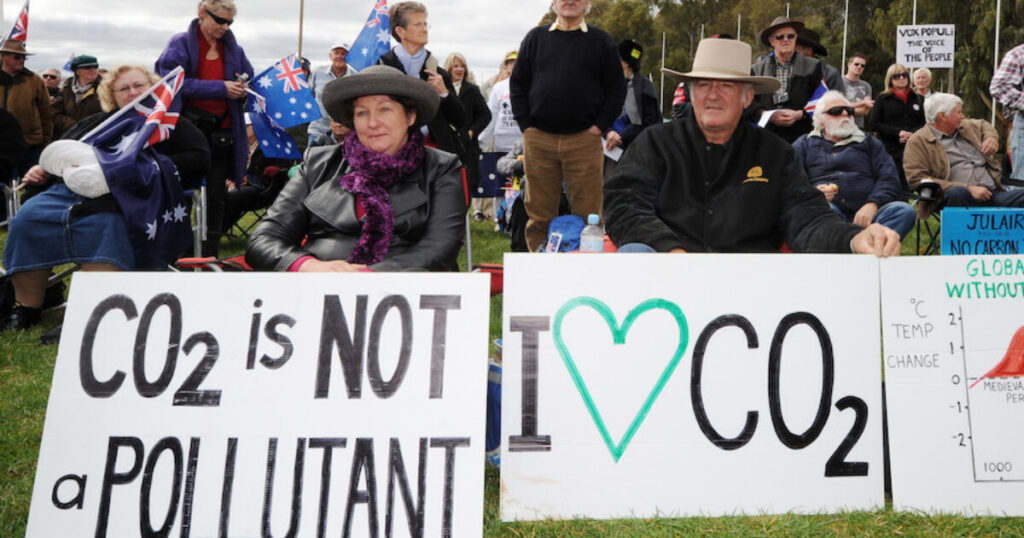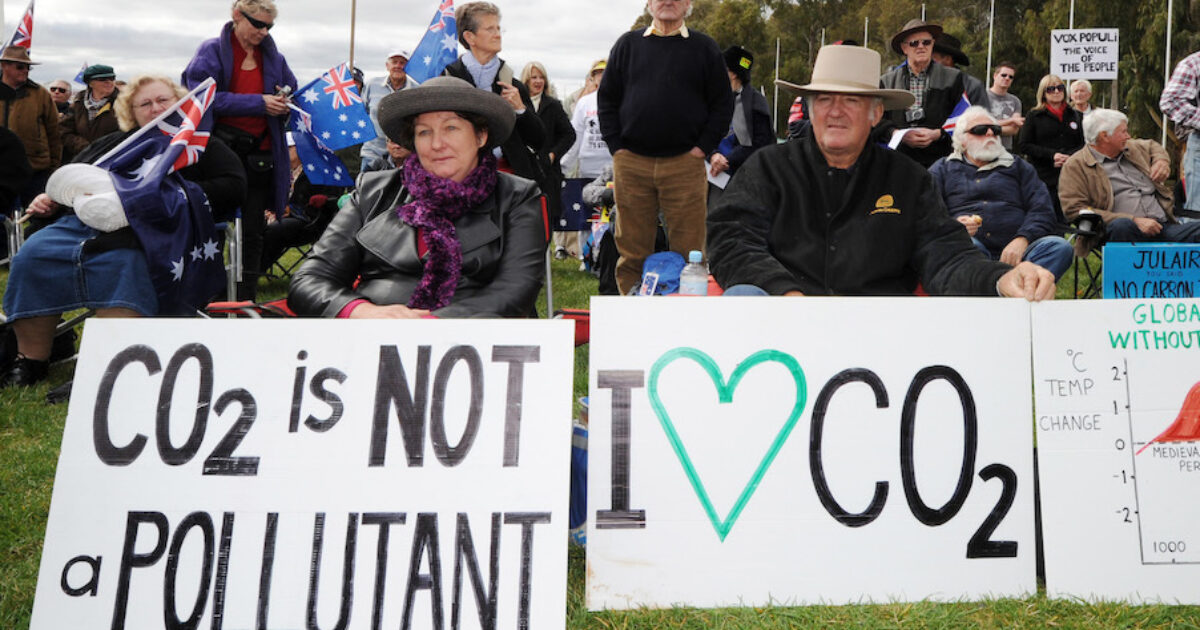
The climate crisis has been escalating by the day. Whether it is through a pandemic or through a multitude of natural disasters and heatwaves, the world is witnessing the different faces of it. In a world where we need urgent change, there is an increasing alienation of climate sceptics from the liberal spheres of interaction. How do we get past the barrier and reach out?
Be it pleasant conversations or heated debates, so-called millennial snowflakes like myself tend to move away from a conversation with a climate sceptic rather than into it. Why do we do that? Is it because scientists told us that all we need is a critical mass of 3.5% of the population to bring about change in the government’s policies? I know that some of my friends from Extinction Rebellion believe that. But the problem is that the more alienated the climate sceptics feel, the more they will organise and attempt to invoke their own critical mass for anti-climate protests.
This simply means that there is no other way to go about pushing for climate reforms without bringing the warring sides together. How do we do that? A simple way for you and I to go about making this change is by striking a conversation with a climate sceptic. Also, the same goes for any controversial topic you would like to bring up- say LGBT issue to a conservative mind or pacifism to a war hawk.
The first most important thing to do is to not befriend a climate sceptic for the sake of changing their mind. That is a very narrow-minded approach and will only cause more harm than good. You need to have high levels of empathy to find yourself in the shoes of someone from the opposite side. And please, please avoid belittling their voices and thoughts. For many climate sceptics, science is not the common ground. Discuss about human values and morals. That is a common ground for all of humanity.
Ask them to learn more about their side of the story rather than pushing your own. Just because you believe in your side’s facts do not mean that you are safe from ignorance. Keep yourself in check when you feel like you are bursting to correct their perspective. I have made this mistake quite often when I talked about politics, religion and my way of life with my conservative grand mother. It is a very important skill for your social life and career goals. A good listener is in my opinion, more influential than a good speaker.
Perseverance is very important in controversial topics. It is hard enough to change the mind of a chain-smoker or an alcoholic even when they know about the adverse effects of their actions. Imagine what it would be like for a climate change sceptic. Be with them for who they are and not for who you want them to be. Tolerance is an absolute necessity in the deeply divided world of today.
